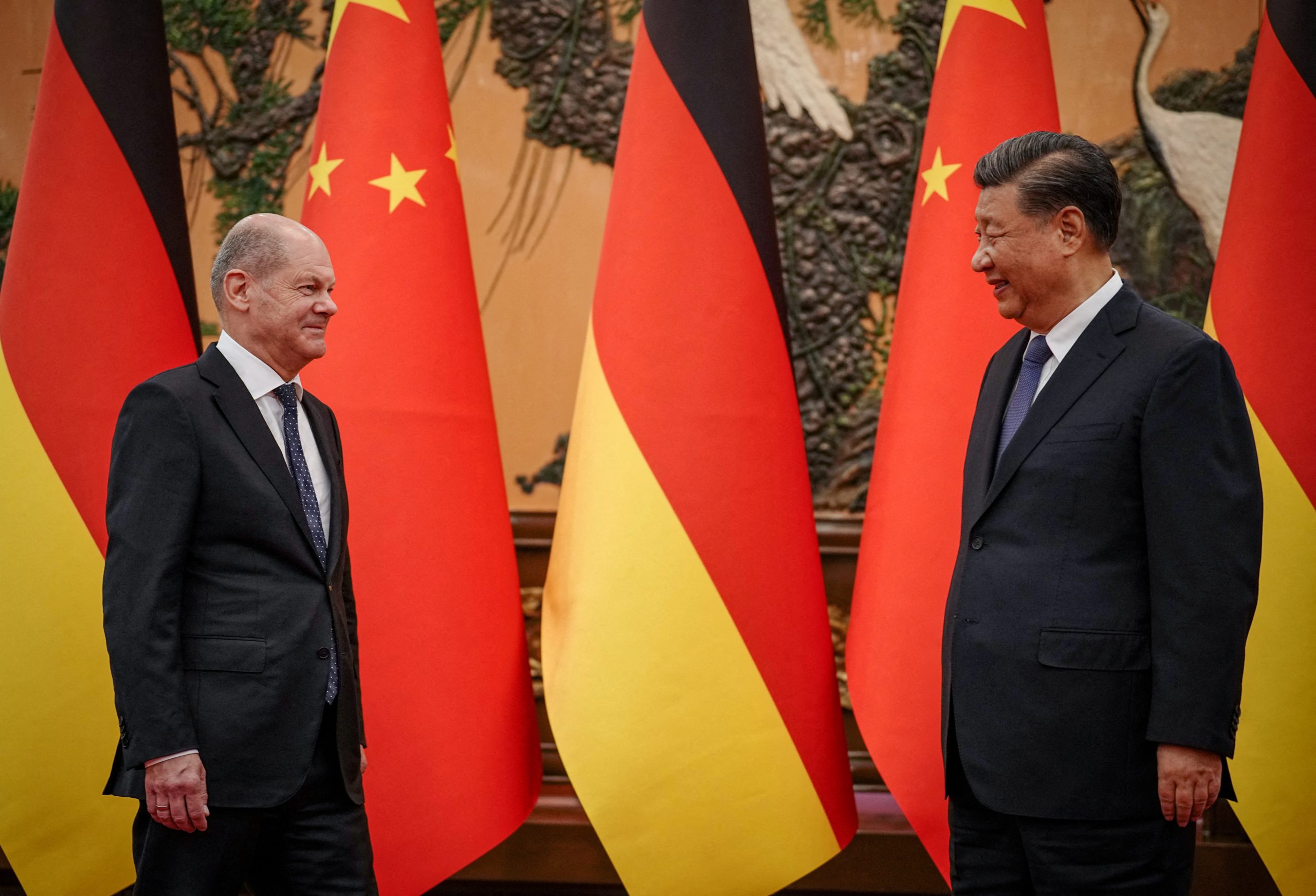Germany Takes Firm Stand Against China on Security, Trade, and Maritime Disputes

Germany has adopted a more confrontational stance toward China under Chancellor Olaf Scholz, signaling a significant shift in its foreign policy. In a bold move, German warships sailed through the Taiwan Strait, rejecting Beijing’s claims to the waters and asserting support for freedom of navigation. German Defense Minister Boris Pistorius emphasized that the passage was made through international waters, a direct challenge to China’s territorial assertions. This act, followed by a visit to the Philippines, highlights Germany's growing concern over China’s influence in the South China Sea and regional stability, especially near the disputed Spratly Islands.
Tensions extend beyond maritime issues. Germany has condemned Chinese cyber activities, summoning the Chinese ambassador after a cyberattack traced to Chinese state actors. German Interior Minister Nancy Faeser warned of China's cyber threats, further straining bilateral relations. Economically, Germany is pushing companies to reduce reliance on the Chinese market, as it seeks to "derisk" its trade relationships. The U.S. has already overtaken China as Germany's largest trading partner.
Additionally, Germany is excluding Chinese tech giants Huawei and ZTE from its 5G infrastructure due to espionage concerns. Berlin has also backed an EU investigation into China's electric vehicle industry over unfair subsidies, emphasizing the need for fair competition. This firm approach reflects Germany's strategic shift to prioritize security, sovereignty, and international norms, even at the expense of deteriorating relations with Beijing.




![From Kathmandu to the World: How Excel Students Are Winning Big [Admission Open]](https://nepalaaja.com/img/70194/medium/excel-college-info-eng-nep-2342.jpg)
